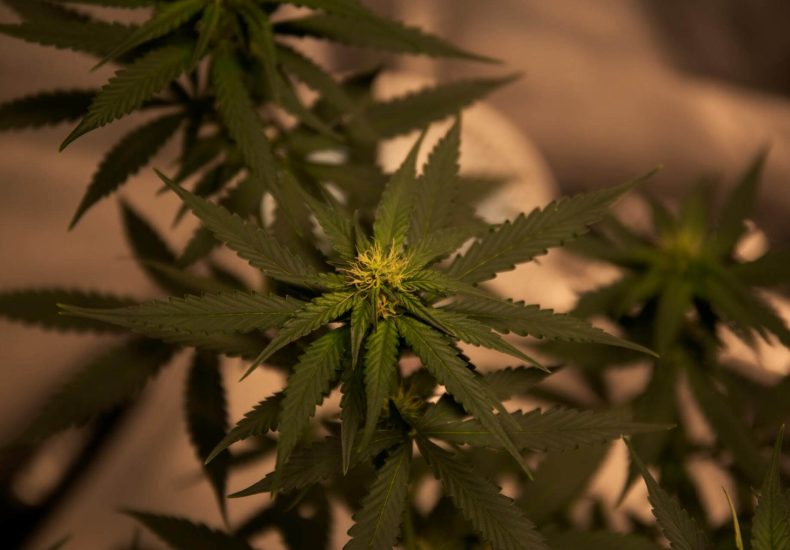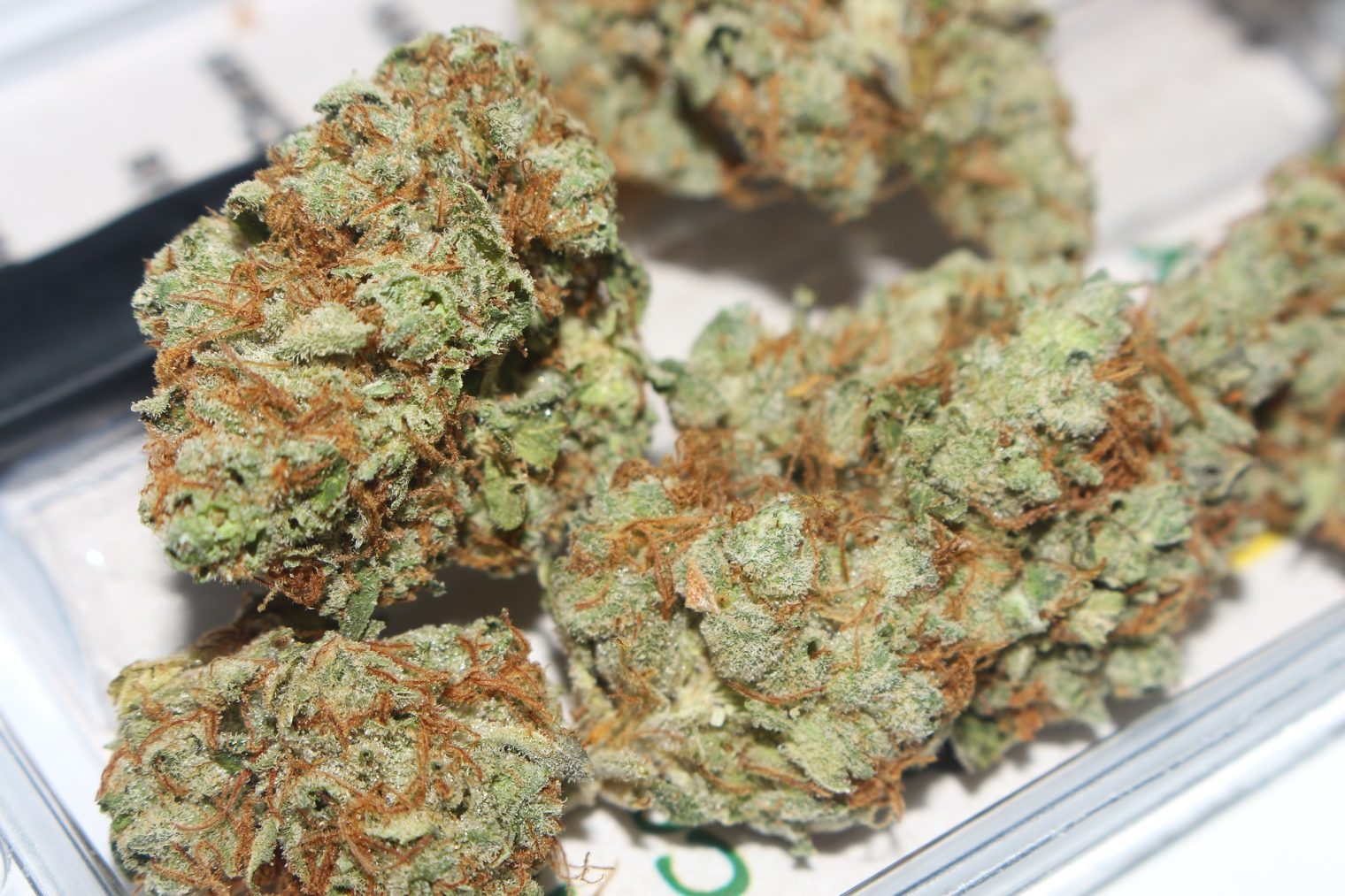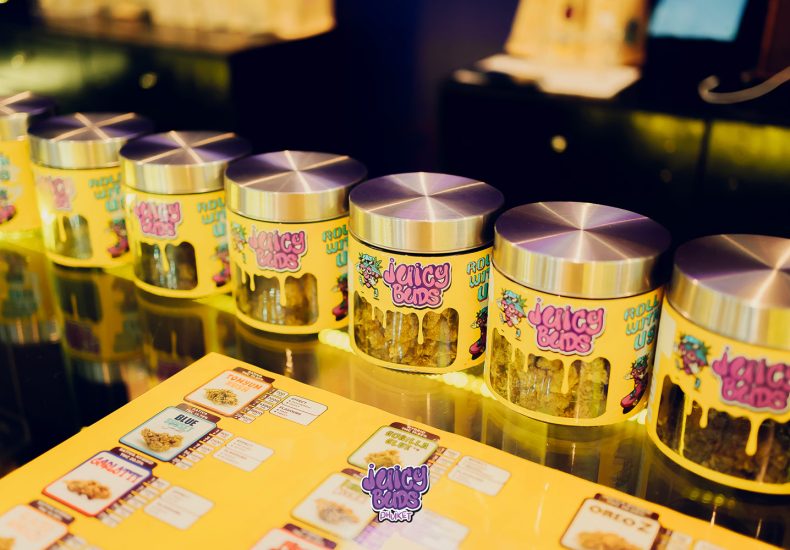 Cannabis
Cannabis
Table of Contents
The Thai weed vs Kratom debate has been taking place for not just decades, but centuries. In a world increasingly aware of the potential harms of pharmaceutical drugs and the desire for natural remedies, herbal alternatives have gained immense popularity. Two such alternatives that have captured the attention of wellness enthusiasts and those seeking relief from various ailments are Thai weed and Kratom.
These two herbal substances have their roots in Southeast Asia and offer a plethora of potential benefits. In this article, we will delve into the world of the Thai weed vs Kratom debate, exploring their origins, properties, uses, and potential risks to provide a comprehensive understanding of these herbal alternatives.

Understanding Thai Weed
Thai weed, also known as Thai stick or Thai stick weed, has a rich history dating back centuries. It hails from Thailand, where it has been cultivated and consumed for both recreational and medicinal purposes. The Thai weed vs kratom debate is an interesting one. Thai weed is derived from the Cannabis sativa plant, the same species responsible for marijuana. However, it differs in several key ways.
- Low THC Content: Unlike marijuana, which is bred for high THC content (the psychoactive compound responsible for the “high”), Thai weed typically contains lower levels of THC. This makes it less intoxicating and more suitable for medicinal use.
- High CBD Content: Thai weed is often characterized by a high cannabidiol (CBD) content. CBD is a non-psychoactive compound known for its potential therapeutic effects, including pain relief, anxiety reduction, and anti-inflammatory properties.
- Medicinal Uses: Thai weed has been traditionally used in Thai herbal medicine to treat various ailments, including pain, nausea, and insomnia. Its high CBD content makes it an appealing choice for individuals seeking natural alternatives to pharmaceutical medications.
- Legal Status: The legal status of Thai weed varies by country. In some places, it is classified as a controlled substance due to its association with marijuana. However, in regions where CBD is legal, Thai weed may be available as a medicinal or wellness product.
Understanding Kratom
In this Thai weed vs kratom debate, we need to look at both substances. Kratom, scientifically known as Mitragyna speciosa, is another herbal alternative originating from Southeast Asia, particularly Thailand, Indonesia, Malaysia, and other neighboring countries. Kratom has gained popularity in recent years for its potential benefits and versatility.
- Active Compounds: Kratom contains two primary active compounds, mitragynine and 7-hydroxymitragynine, which interact with the brain’s opioid receptors. These compounds can have both stimulant and sedative effects depending on the dosage and strain.
- Traditional Uses: In its native regions, Kratom has been used for centuries by indigenous communities as a natural remedy for pain relief, fatigue, and as a mild stimulant. It is often chewed or brewed into tea.
- Varied Strains: Kratom comes in various strains, each with its unique properties. For example, red vein strains are associated with relaxation and pain relief, while white vein strains are known for their stimulating effects.
- Legal Status: The legal status of Kratom varies widely around the world. Some countries have banned or heavily regulated its use due to concerns about potential dependence and health risks. In others, it remains legal and accessible.

Comparing Thai Weed vs Kratom
Let’s get down to the business end of this Thai weed vs kratom debate. While Thai weed and Kratom share Southeast Asian origins and have potential therapeutic properties, they differ significantly in their chemical composition, effects, and usage.
- Chemical Composition:
- Thai weed contains CBD, which has anti-inflammatory and pain-relieving properties but does not produce a psychoactive high.
- Kratom contains mitragynine and 7-hydroxymitragynine, which interact with opioid receptors and can produce both stimulant and sedative effects, as well as potential euphoria.
- Medicinal Properties:
- Thai weed is primarily known for its potential to alleviate pain, reduce anxiety, and provide relaxation without the mind-altering effects of THC.
- Kratom is valued for its diverse effects, including pain relief, energy boost, mood enhancement, and relaxation, but it can be habit-forming if misused.
- Usage:
- Thai weed is often consumed in various forms, including tinctures, oils, and edibles, and is generally non-intoxicating.
- Kratom is commonly consumed as a brewed tea or taken in powder form. The effects can vary depending on the strain and dosage.
- Legal Status:
- Thai weed’s legality depends on the country and its THC content. In regions where CBD is legal, Thai weed may be available as a medicinal or wellness product.
- Kratom’s legal status varies widely by country, with some nations banning or regulating it due to concerns about its safety and potential for dependence.
Risks and Precautions
There are a number of things to consider in this Thai weed vs kratom debate. While both Thai weed and Kratom offer potential benefits, it is essential to be aware of the associated risks and exercise caution when using these herbal alternatives.
- Dependency: Kratom has a reputation for being habit-forming, and users can develop tolerance and experience withdrawal symptoms when trying to quit. It is crucial to use Kratom responsibly and in moderation.
- Lack of Regulation: Due to the limited regulation of herbal supplements, the quality and purity of Thai weed and Kratom products can vary. It is essential to source these substances from reputable suppliers to ensure safety and effectiveness.
- Legal Concerns: The legal status of both Thai weed and Kratom is subject to change. Before purchasing or using these herbal alternatives, individuals should research their local laws and regulations.
- Potential Side Effects: Both Thai weed and Kratom can cause side effects, including nausea, dizziness, and digestive issues. Users should be aware of these potential effects and start with a low dose to assess tolerance.
Thai Weed and Kratom are Completely Different
We are now at the final leg of this Thai weed vs kratom debate. Thai weed and Kratom represent two intriguing herbal alternatives with roots in Southeast Asia. While Thai weed is renowned for its non-psychoactive, pain-relieving CBD content, Kratom offers a more complex range of effects due to its interaction with opioid receptors. These herbal alternatives can provide relief for various ailments, but they also come with potential risks, such as dependency and legal concerns.
As with any herbal remedy, it is crucial for individuals considering Thai weed or Kratom to research thoroughly, exercise caution, and consult with a healthcare professional before use. By staying informed and responsible, individuals can explore these herbal alternatives as potential tools for managing their well-being and enhancing their overall quality of life.


